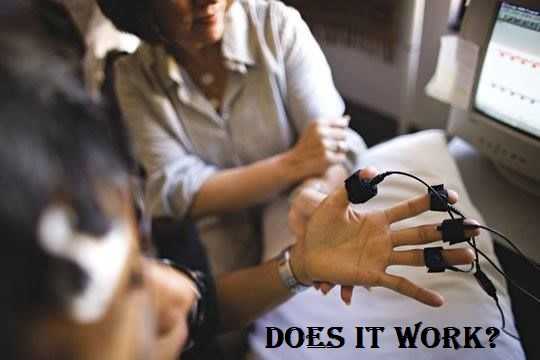Vitamin N: Are We Slowly Losing Touch With Nature?

Does affiliation with nature (Vitamin N) have an impact on our health and well-being? Research is proving that Vitamin N can positively impact our physical and mental health. Being in nature or even viewing nature scenes has been proven to reduce pain and help recovery after surgery, in addition to reducing blood pressure, heart rate, muscle tension, stress and depression, according to public health researchers. Based on an evaluation of over fifty empirical studies, Norwegian researchers, Bjorn Grinde and Grete Patil, concluded that an environment devoid of nature may have a negative effect on health and quality of life.
Since the beginning of time, humans have continuously interacted with Mother Nature. Evolutionary biologist, Edward O. Wilson, author of Biophilia, believes that nature is critical to human survival and that we have a biological need for contact with nature. While we haven’t changed much biologically, we’re still hunters and gatherers, says Richard Louv, author of Last Child in the Woods: Saving Our Children From Nature-Deficit Disorder. Louv states that in our modern high-tech age, the need to connect with nature is becoming more imperative than ever. Our health and well-being is affected by our interaction with nature.

Our biological affiliation with nature has inspired the Japanese practice of shinrin-yoku or “forest bathing”. Shinrin-yoku was developed in the 1980s and has now become an integral part of preventive health care in Japanese medicine. Forest bathing trips simply involve visiting a forest or natural area and going for relaxed walks to achieve the calming and rejuvenating benefits. Scientific studies have demonstrated that breathing in the phytoncides or wood essential oils emitted by many trees can support natural killer (NK) cells that are part of our immune system. Japanese researchers measured NK cells before and after forest bathing trips. Studies showed a boost in immune cell activity for up to seven days after the forest bathing trip ended.
Dr. Roger S. Ulrich, director of the Center for Health Systems and Design at Texas A&M University conducted a study of patients who underwent surgery. Half the patients had a view of trees from their hospital room while the other half had a view of a wall. He found that patients with a view of the trees had less pain, fewer negative effects, healed faster and were released from hospital sooner than patients who had a view with a wall. More recent studies have shown similar results.
Nature or Vitamin N also has a profound effect on children’s mental and physical health. With children spending more time in front of TV and computer screens today, pediatricians in the United States are raising concerns of nature deprivation or lack of time spent outdoors in nature. To address various childhood health threats, some physicians are writing prescriptions during child exams for connecting with nature. These prescriptions order children and their parents to spend outdoor time at parks and recreational areas to encourage exploration of the natural world.

Nature has the powerful ability to reset our minds and bodies. However, most of us do not have the time or resources to take a long daily hike. Fortunately, small daily doses of nature throughout the day can achieve similar benefits and have a positive impact on our health and well-being. Here are a few simple ideas to connect with nature:
- At the end of the day, instead of watching TV or having a glass of wine to relax and unwind, go for a walk and re-route your walk to pass through an area of grass and trees.
- Eat your lunch outdoors and enjoy the fresh air while getting some Vitamin D at the same time. If possible, take a 20-minute walk during your lunch hour.
- Exercise outdoors.
- Shop at your local farmers’ market.
- Grow your own greens on your patio or take up gardening even if it’s growing just a pot of herbs or a few vegetable plants.
- Put up nature photos in your home or your office.
- Put a plant or two in your home or office.
- Use computer screen savers that depict nature scenes.
Richard Louv says if you live in the city, look for natural environments and try to set up a regular schedule to expose yourself to nature. Find time every day to get outdoors whether it’s at a park, in your own backyard or going for a walk at lunch hour. Use this routine to relax your mind and learn to see things from a new perspective. If that’s not possible then hang up a picture or two of a nature scene in your home or office. Arrange furniture to take advantage of sunlight streaming through the windows and views of nature from your windows.
Studies show that spending time in nature not only increases our physical and mental energy but also increases our creativity and improves our concentration as well. Getting enough Vitamin N allows us to reboot physically and mentally and while it may not be a cure-all, it’s an inexpensive and effective tool to help dull the impact of chronic pain and illness and improve one’s overall quality of life.
“Deviation from nature is deviation from happiness.”
Reference:
Grinde, B., & Patil, G. G. (2009). Biophilia: Does Visual Contact with Nature Impact on Health and Well-Being? International Journal of Environmental Research and Public Health, 6(9), 2332–2343. http://doi.org/10.3390/ijerph6092332





